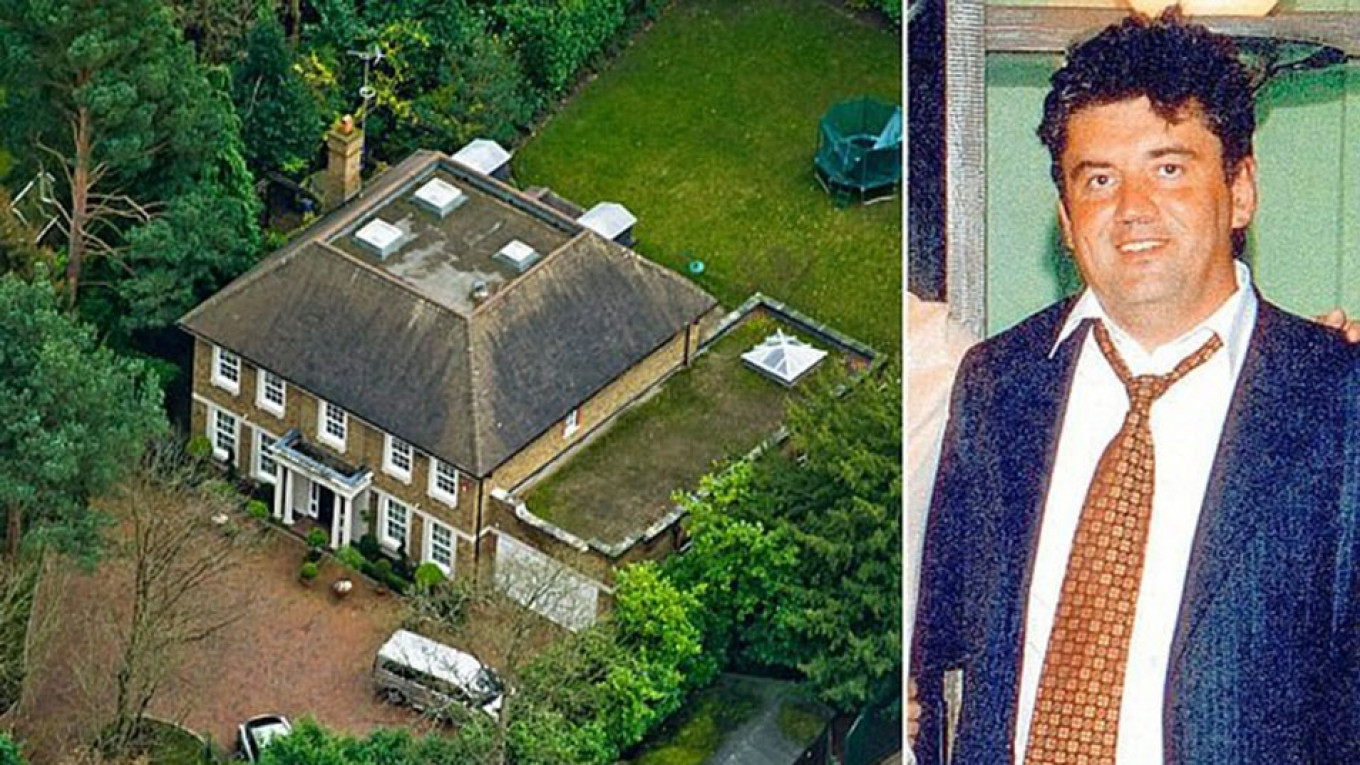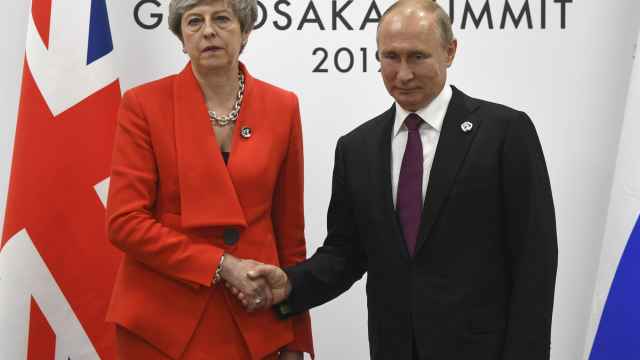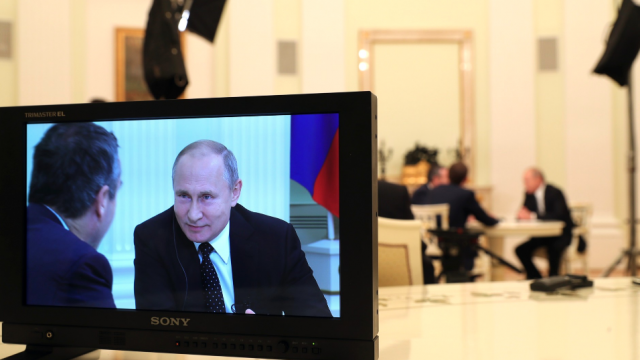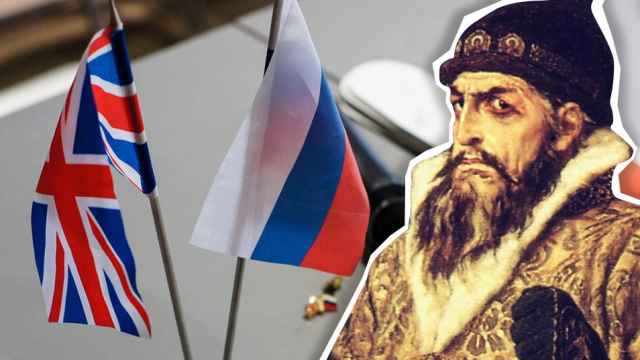A Russian mafia whistleblower who was found dead after going out for a run near his home in southern England six years ago probably died of natural causes rather than from an elaborate poison plot, a British coroner found on Wednesday.
Alexander Perepilichny, 44, was found collapsed and vomiting near his luxury home on the exclusive St. George's Hill estate in Weybridge, southwest of London, after he had been out jogging in November 2012.
The sudden nature of the death of Perepilichny, who had sought refuge in Britain in 2009, his role in helping a Swiss investigation into a Russian money-laundering scheme, and the mysterious deaths of other Russian exiles in Britain sparked speculation that he might have been murdered.
"I am satisfied on the evidence I have heard I can properly and safely conclude that it was more likely than not that he died of natural causes, namely sudden arrhythmic death syndrome," Coroner Nicholas Hilliard told London's Old Bailey court. "There really is no direct evidence that he was unlawfully killed."
Hilliard said he had considered the case of Perepilichny in the context of the murder of another Russian, Kremlin critic Alexander Litvinenko who was poisoned in London in 2006 with a rare radioactive isotope.
A public inquiry in 2016 concluded Litvinenko’s murder was carried out by two Russians as part of an operation probably ordered by Russian President Vladimir Putin.
Britain has also blamed Russia for carrying out a nerve agent attack on ex-Russian spy Sergei Skripal and his daughter in Salisbury, southern England, in March. The Kremlin rejects both accusations as groundless and anti-Russian propaganda.
Perepilichny had been providing evidence to Swiss authorities against those linked to the death of lawyer Sergei Magnitsky while in custody in Moscow in 2009 and an alleged $230 million fraud by Russian government officials.
Although police said there nothing to suggest his death was foul play, suspicions were raised after a pre-inquest hearing was told traces of a rare and deadly poison from the gelsemium plant had been found in his stomach.
Further tests were difficult because his stomach contents were flushed away during the first post-mortem investigation, but scientists concluded the unidentified compound had no link to the gelsemium plant species and was found in cheese and meat.
No evidence of murder
Whilst Hilliard said he could not totally rule out the use of poison, he said none of the evidence pointed to this.
"There is no direct evidence that Mr Perepilichny was murdered," he said.
Unlike Litvinenko, he had not been a vocal critic of Russia. Although he had taken out 3.5 million pounds ($4.4 million) of life insurance in the six months before his death, he had not indicated his life was at risk nor taken extra security measures. There was also almost no opportunity to administer a toxin, Hilliard said.
While he had eaten a bowl of soup containing sorrel for his lunch — a factor that fueled suggestions it had been replaced with gelsemium — so had his wife Tatiana, who told the inquest she did not believe her husband had been murdered.
Hilliard said London police had contacted him this month to confirm they were not conducting an investigation into the death and there was no evidence of "any hostile state actor" being involved.
A Message from The Moscow Times:
Dear readers,
We are facing unprecedented challenges. Russia's Prosecutor General's Office has designated The Moscow Times as an "undesirable" organization, criminalizing our work and putting our staff at risk of prosecution. This follows our earlier unjust labeling as a "foreign agent."
These actions are direct attempts to silence independent journalism in Russia. The authorities claim our work "discredits the decisions of the Russian leadership." We see things differently: we strive to provide accurate, unbiased reporting on Russia.
We, the journalists of The Moscow Times, refuse to be silenced. But to continue our work, we need your help.
Your support, no matter how small, makes a world of difference. If you can, please support us monthly starting from just $2. It's quick to set up, and every contribution makes a significant impact.
By supporting The Moscow Times, you're defending open, independent journalism in the face of repression. Thank you for standing with us.
Remind me later.







